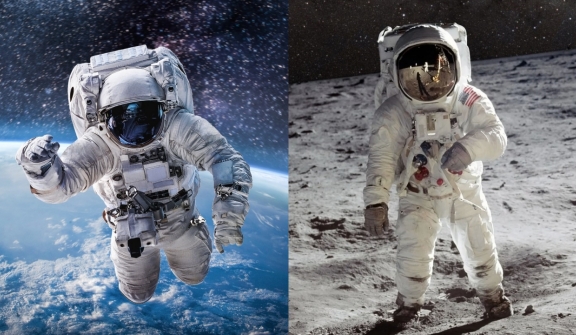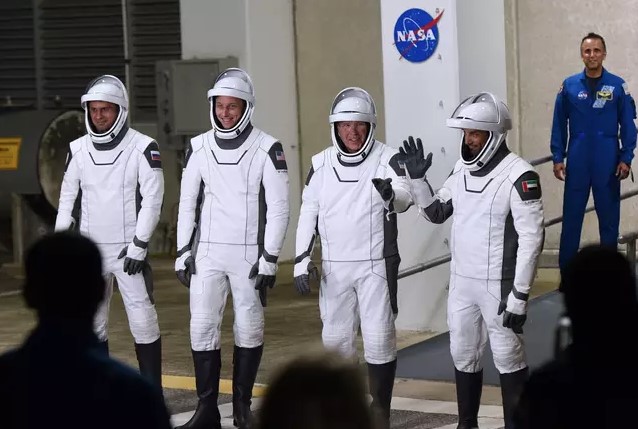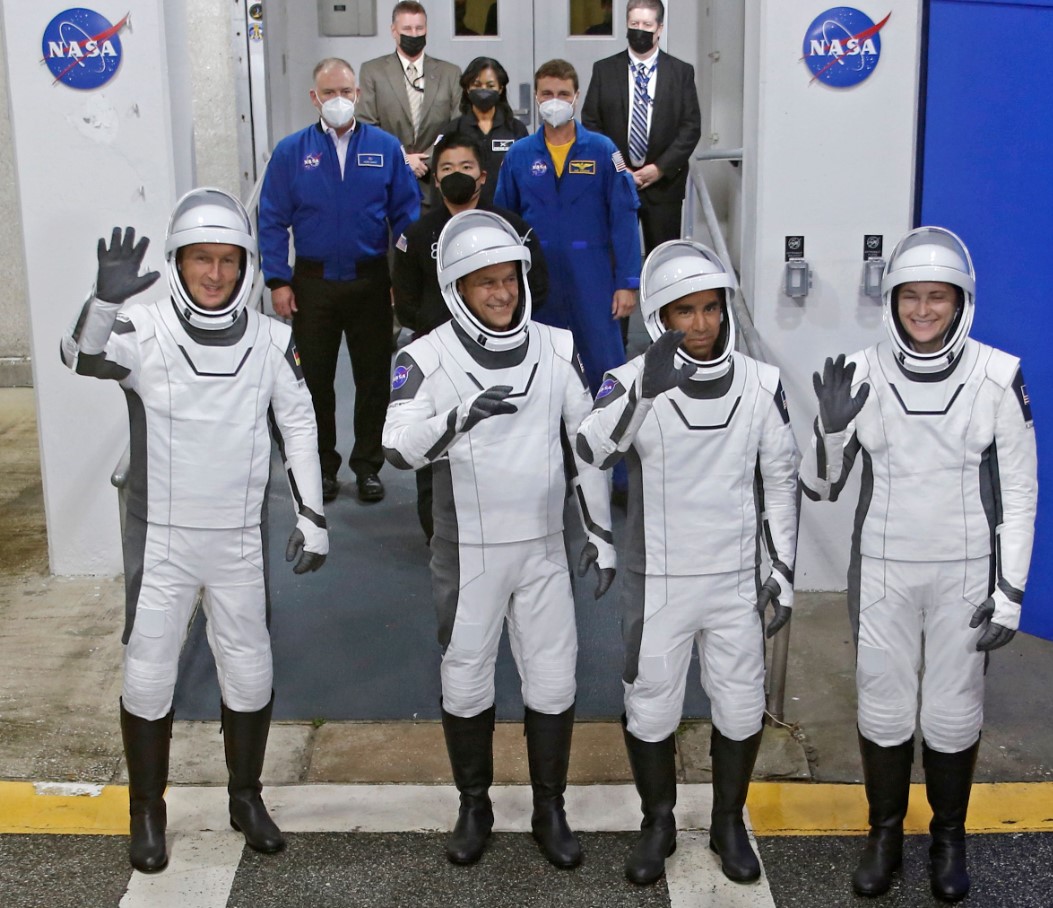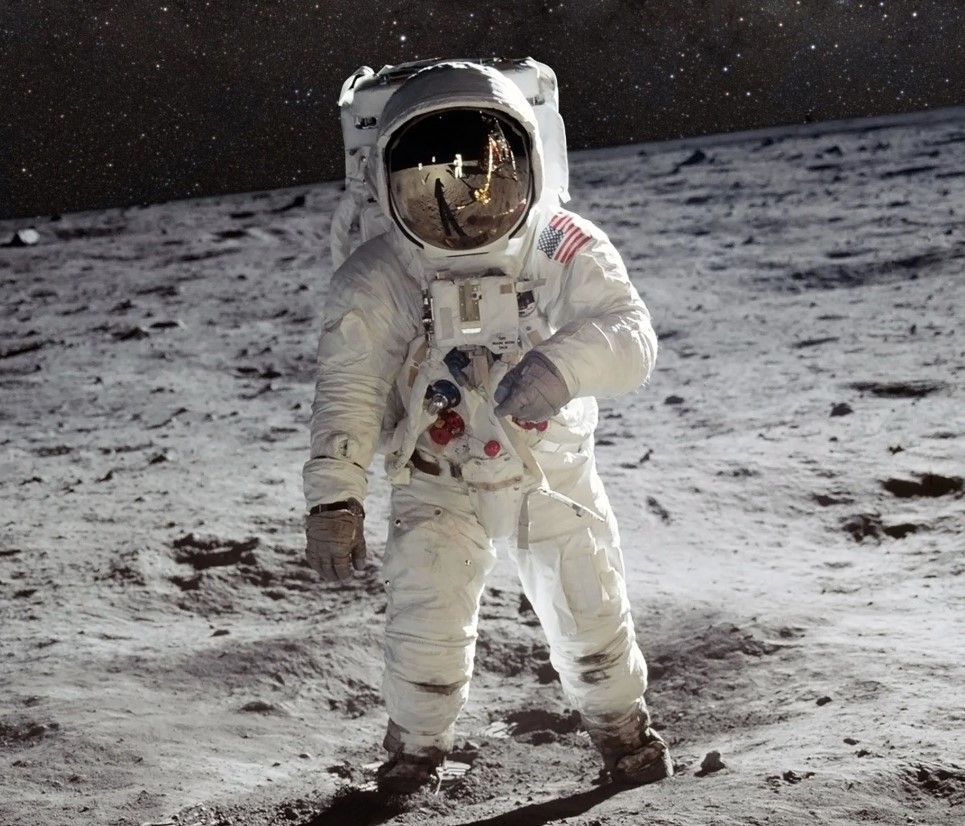
Becoming an astronaut is not easy, but if you have enough determination, it is completely possible.
NASA has provided some small suggestions for those who want to fly into space.
First, every four years, NASA usually opens recruiting for new astronauts. You must therefore give yourself enough time to prepare well and take advantage of the chance.

Second, being a citizen of the US and having a "successful professional achievement" with at least two years of relevant experience or at least 1,000 hours of pilot-in-command time in jet aircraft are the first requirements for employment with NASA.
Third, you must "pass the long-duration astronaut physical fitness test" and possess a Master's degree in a STEM (Science, Technology, Engineering, and Mathematics) field.
Fourth, you also have completed a nationally recognized test pilot school program, worked in a related doctoral program for at least two years, or earned a Ph.D.
April Jordan, NASA's astronaut recruitment manager, also emphasized that the ability to work in a team is an important factor that NASA looks for.
Working in a team and having good communication skills are indispensable.

"You're training for your missions as a team, and that's your team in space and your team on the ground that you're communicating with. Team skills are high on the list for top competencies that we're looking for," Jordan declared.
However, the path to becoming an astronaut is incredibly challenging for many people.
Anne McClain, an astronaut with NASA, highlighted the difficulty and strictness of the selection process.
In the 2013 astronaut class, over 6,000 applications were received, yet only eight individuals were chosen. Similarly, in 2017, there were over 18,300 applicants, but only 11 astronauts successfully graduated from that class.

These numbers demonstrate the fierce competition and the limited opportunities available for each applicant.
It is crucial to understand that the journey to becoming an astronaut requires exceptional qualifications, unwavering dedication, and the ability to stand out among a highly talented pool of applicants.
"You need to apply. And if you are not selected, apply again (and again, and again). It took most of us a few times – you need to be tenacious," McClain noted.

McClain insisted: "If aspiring to become an astronaut is your true calling, do not be discouraged by the challenges or the statistics.
Instead, let them serve as motivation to work harder, gain relevant experience, and pursue advanced education in STEM fields. Maintain focus on your goal, and consistently strive for excellence in all aspects of your life."




